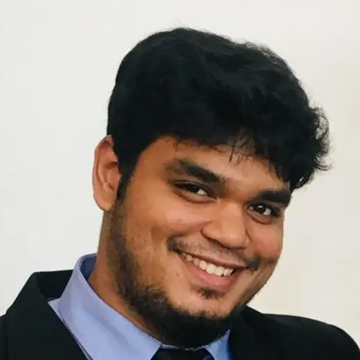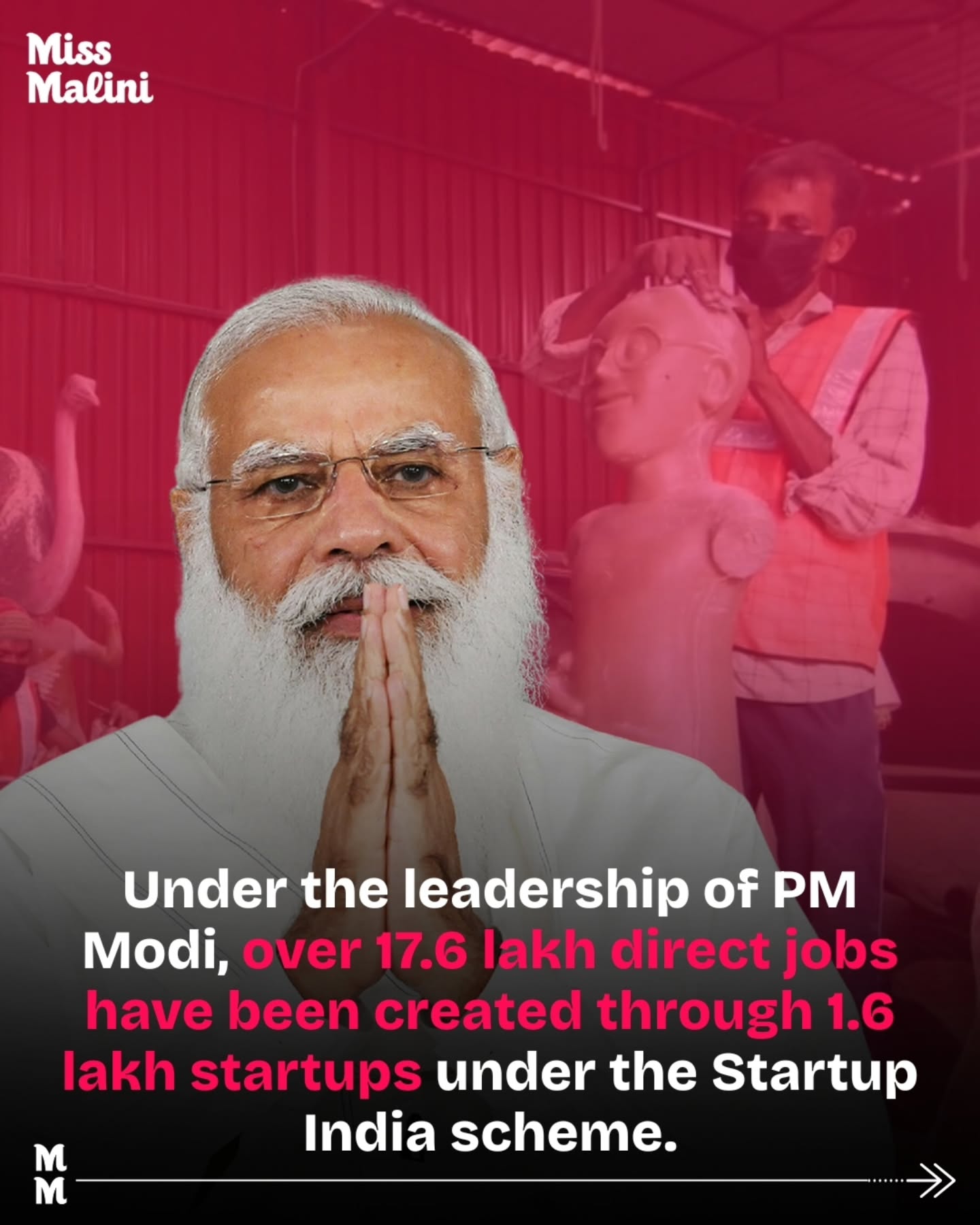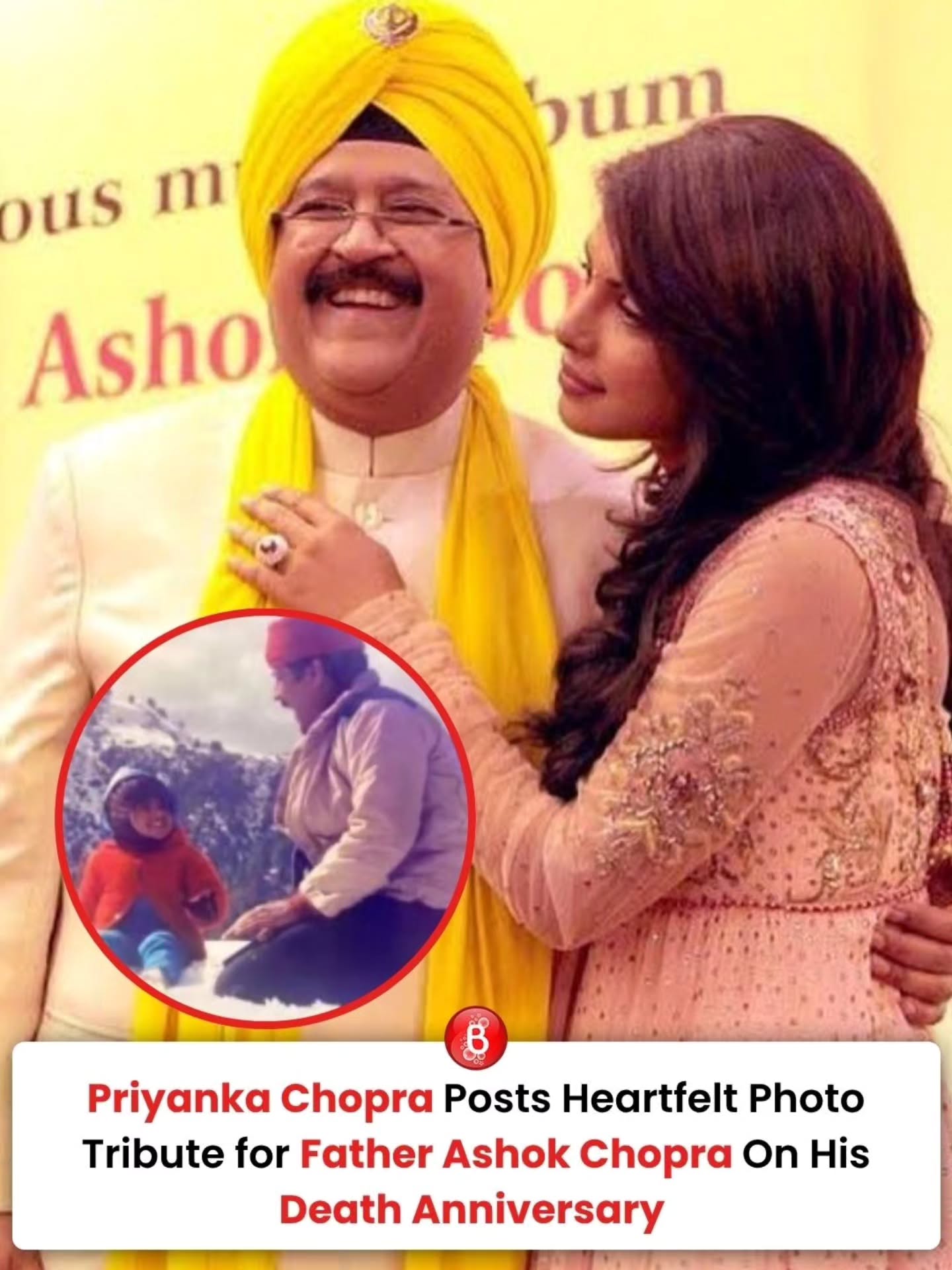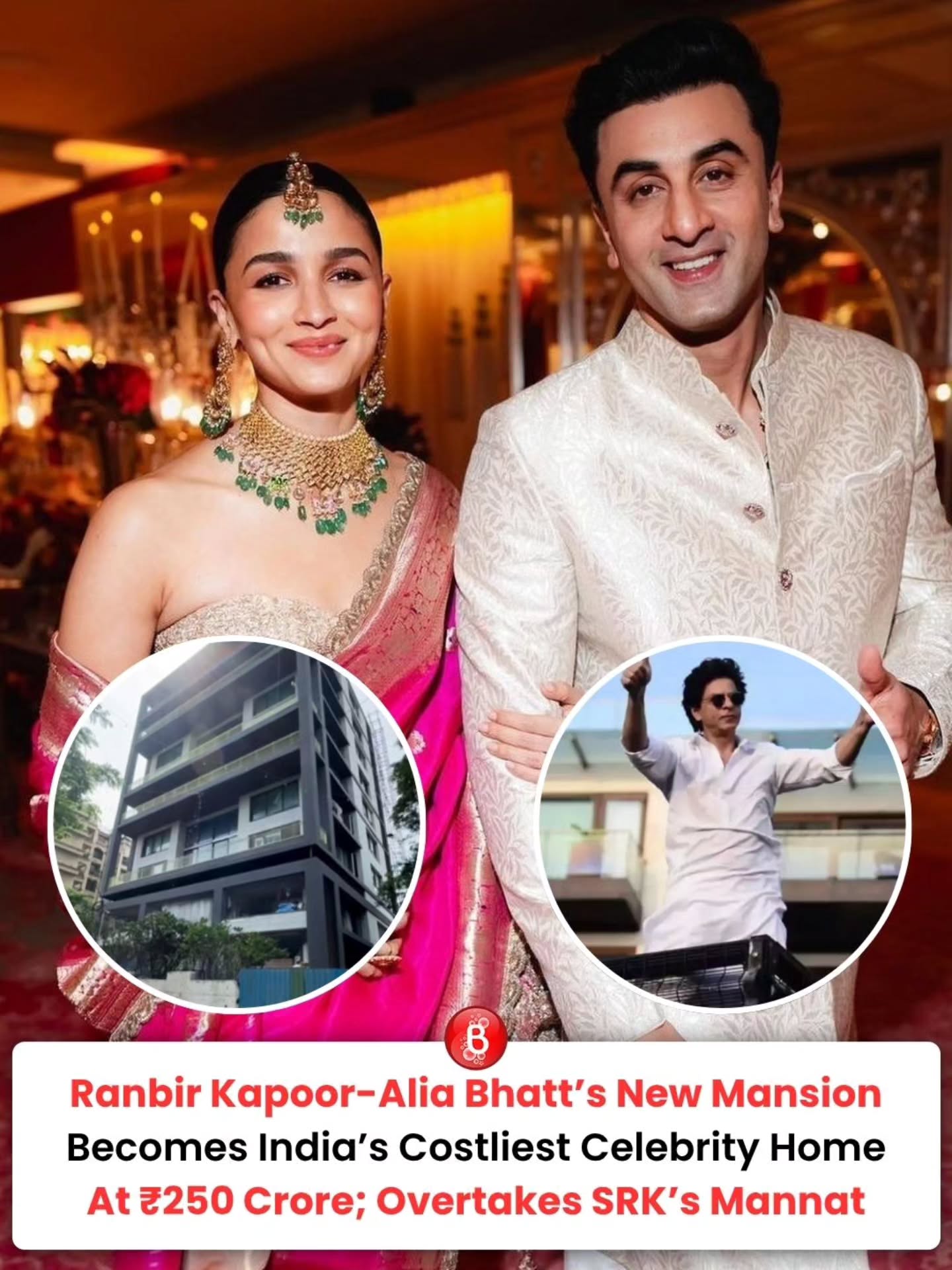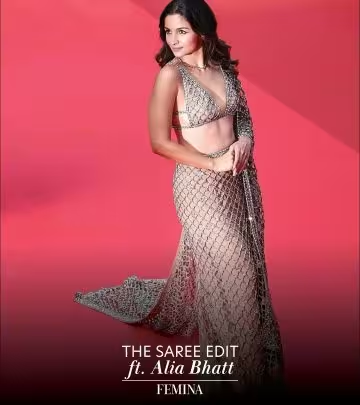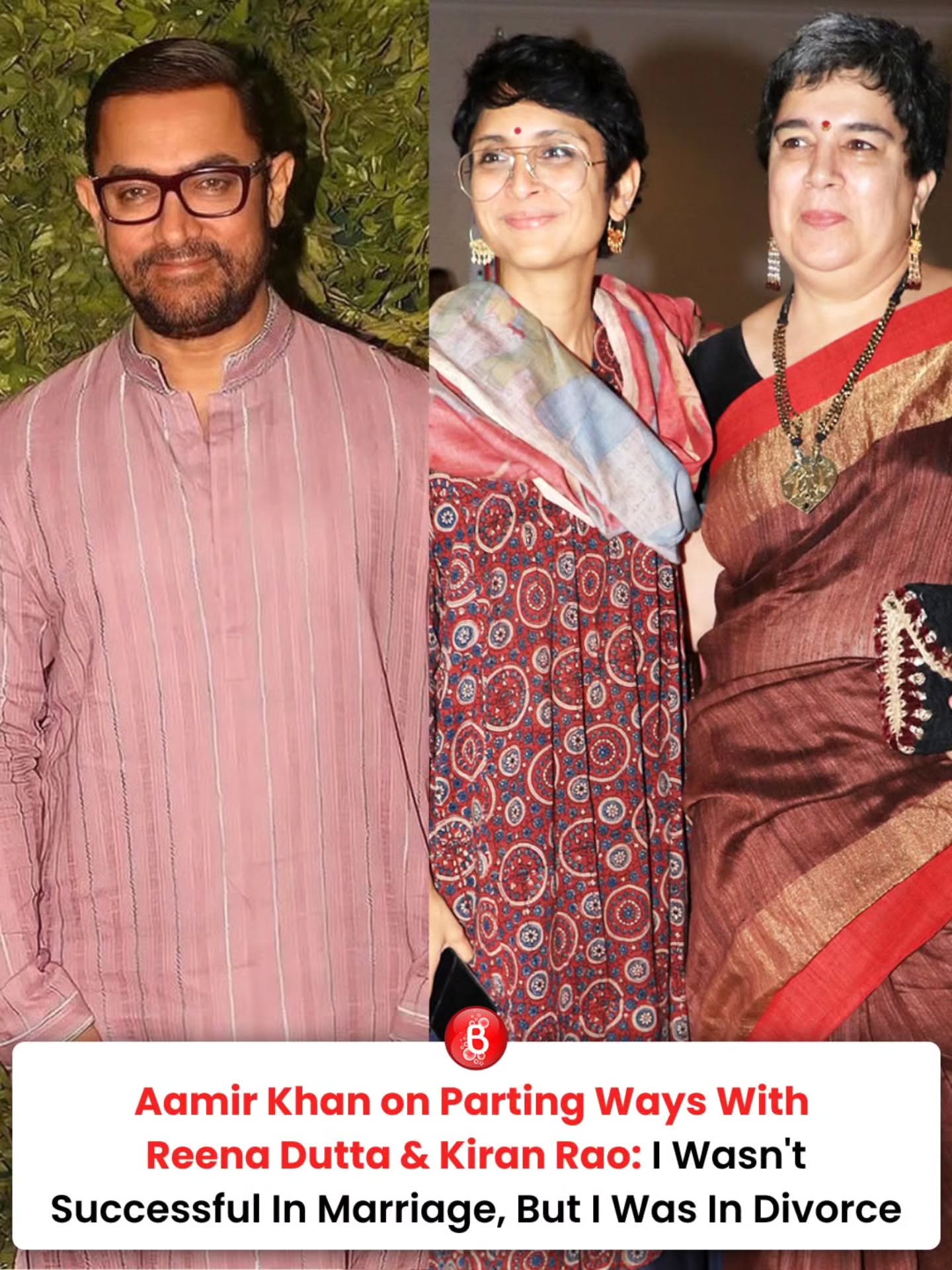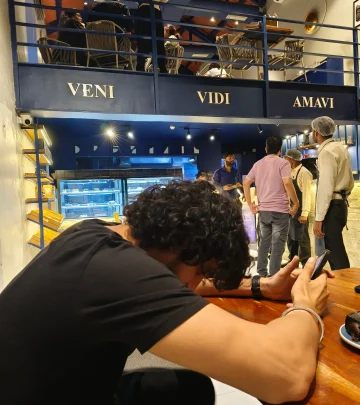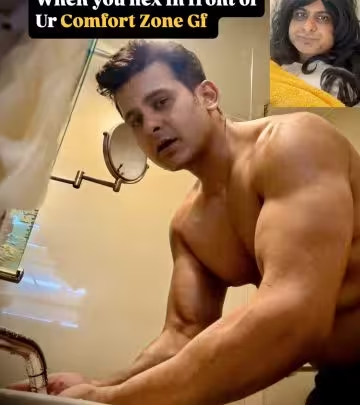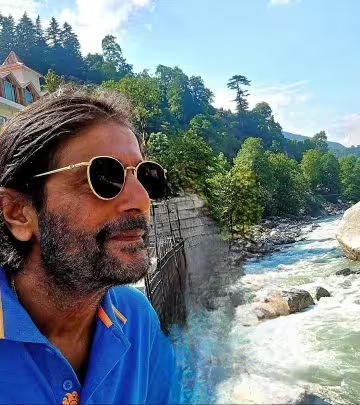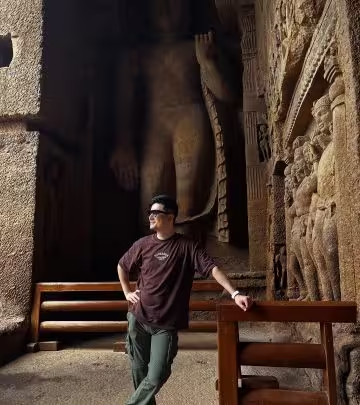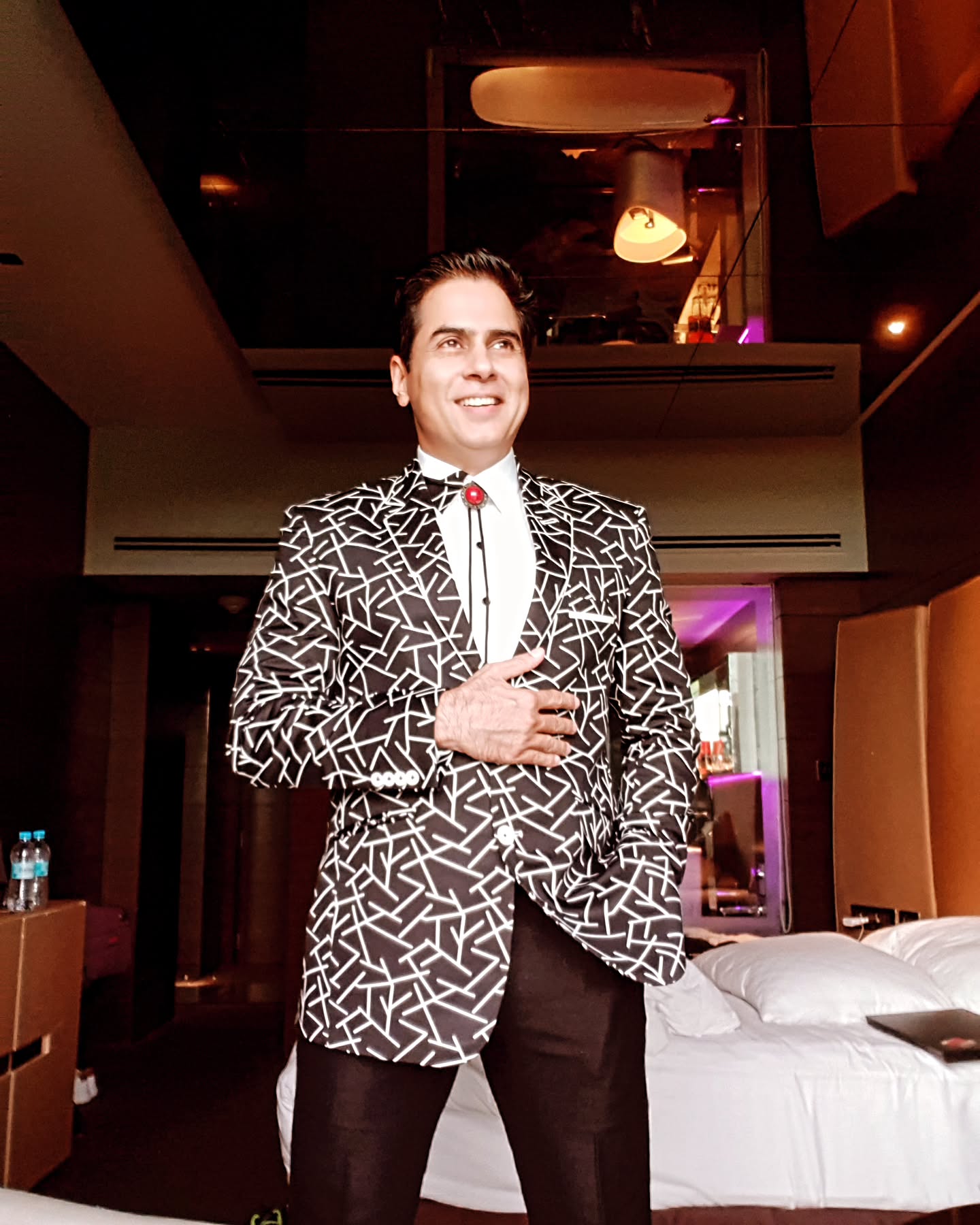Kajol Condemns Paparazzi Intrusion
Kajol decries persistent paparazzi intrusion, citing total harm to privacy & family life.!
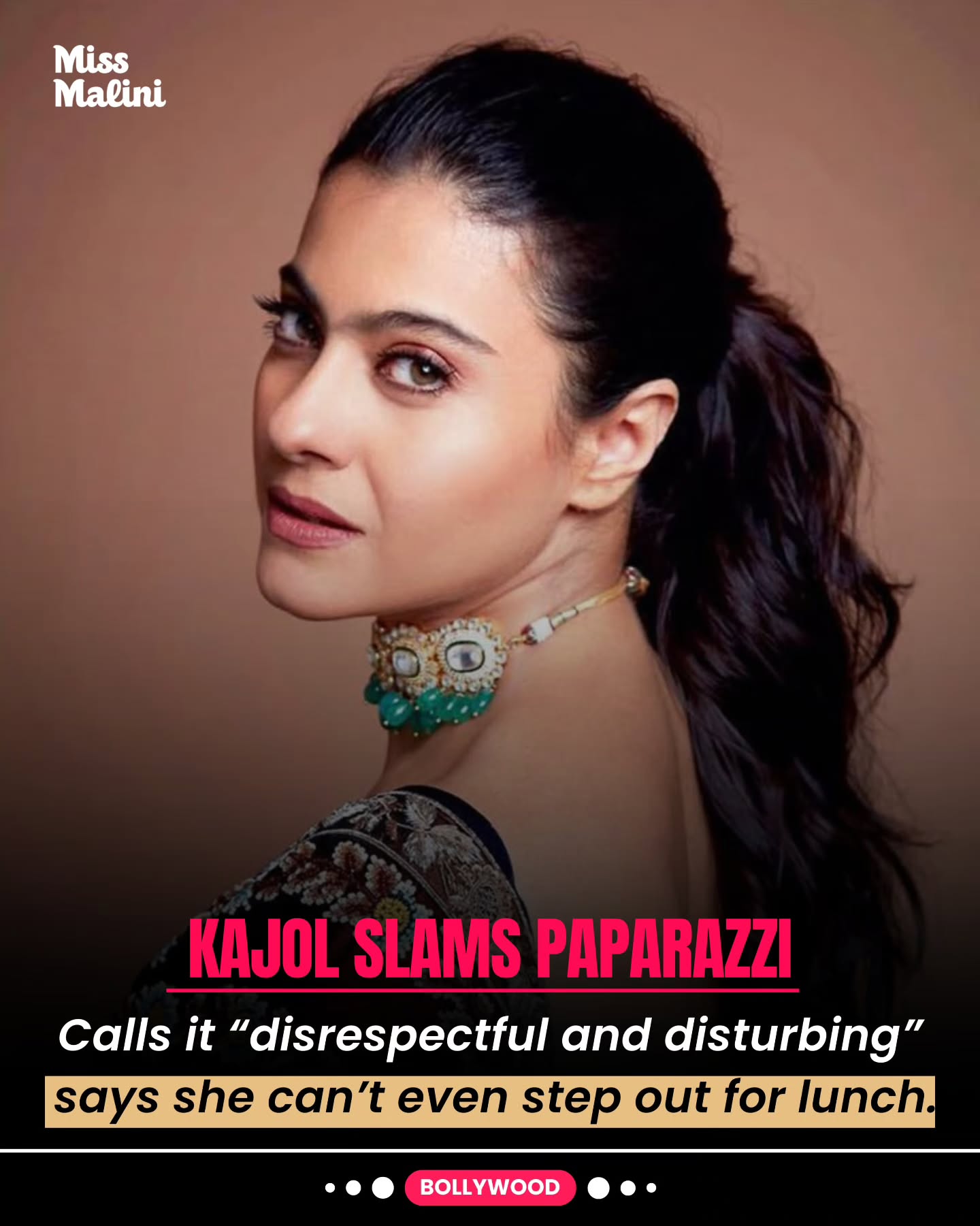
Image: Instagram
In a recent statement that has resonated across Bollywood and beyond, actress Kajol has openly criticized the invasive nature of the paparazzi. During a social media post shared via the popular platform managed by MissMalini, Kajol denounced what she calls a growing culture of relentless intrusion into the personal lives of celebrities. Highlighting the vulnerability of stars during their most private moments, she described the constant surveillance as not only disrespectful but deeply disturbing.
Kajol’s remarks come at a time when the boundaries between professional engagements and personal lives are increasingly blurred. She questioned the pressure for celebrities to always maintain a cheerful facade in front of the cameras, even when they are in moments of distress or vulnerability. Indeed, her comments underscore a larger concern over the impact that constant media scrutiny can have on family wellbeing, particularly affecting children and relatives who often find themselves caught in the crossfire of public attention.
Celebrity Vulnerabilities And Paparazzi Tactics
The actress explained that the unyielding scrutiny by photographers is causing irrevocable harm to the mental health and freedoms of those in the limelight. Her statement pointedly questions the phenomenon of a paparazzi culture that seems to have taken over the sanctity of private spheres. For Kajol, the problem extends well beyond a few intrusive moments; it is emblematic of a larger system that has normalized the exploitation of celebrities’ personal lives for commercial gain.
Beyond raising her voice about personal tolls, Kajol also highlighted the broader social impact of this trend. She noted that when the personal and public spheres collide, not only do celebrities bear the burden but their families, including children, are also affected by the constant intrusion. This relentless chase by the media, according to her, erodes the essential human right to privacy—a right that should be sacrosanct regardless of one’s celebrity status.
Blurred Lines Between Public And Private Lives
The conversation that Kajol has initiated is reflective of a wider debate within Bollywood and the global entertainment industry. Platforms such as MissMalini, which have long served as a bridge between celebrities and their audience, are now also becoming spaces where these critical issues are brought to light. The post from MissMalini not only captured the essence of Kajol’s concerns but also served as a reminder that behind every glamorous shoot, there lies a personal story often marred by unwarranted exposure.
Insights drawn from the digital sphere reveal that celebrities have increasingly started using social media to express dissent against the intrusiveness of the paparazzi. This statement by Kajol is part of a growing chorus calling for a reassessment of media ethics in India’s film industry. Her words have sparked conversations online, with many fans and commentators echoing her call for more respect towards personal boundaries. In previous posts, MissMalini has touched on empowerment and the celebration of individuality, making her platform an apt venue for discussions that merge both professional and personal struggles.
A Call For Change In Media Ethics
Kajol’s candid outburst also opens up questions about the responsibilities of the media. While the public has an insatiable appetite for celebrity news—often blurring the lines between legitimate reporting and sensationalism—the need for ethical journalism has never been greater. Critics argue that the current paparazzi model not only compromises the dignity of celebrities but also sets a dangerous precedent for how personal privacy is valued in society.
The issue at hand goes far beyond paparazzi shots or sensational headlines. As Kajol articulates, it is about safeguarding a space where individuals and their families can live without the relentless scrutiny of an invasive media machine. Scholars and media watchdogs have long debated the delicate balance between public interest and personal privacy, and statements like these add significant heft to calls for reform. They suggest that it may be time for a paradigm shift in how both the press and the public perceive celebrity life.
The ripple effect of Kajol’s comments is being felt across various platforms. In an era defined by constant digital connectivity, every tweet, post, and comment has the potential to influence public discourse. The debate over what constitutes acceptable intrusion might ultimately shape future policies on media conduct. For now, Kajol’s bold stance serves as both a cautionary tale and a rallying cry for change—a reminder that behind every public figure is a human being deserving of respect and dignity.
While the paparazzi may continue their chase, voices like Kajol’s are slowly but surely forcing the industry and its audience to reflect on the cost of excessive exposure. This conversation is crucial, not just for celebrities but for society at large, urging everyone to consider the boundaries between public fascination and personal freedom.
Read full bio of Glendon Moss

